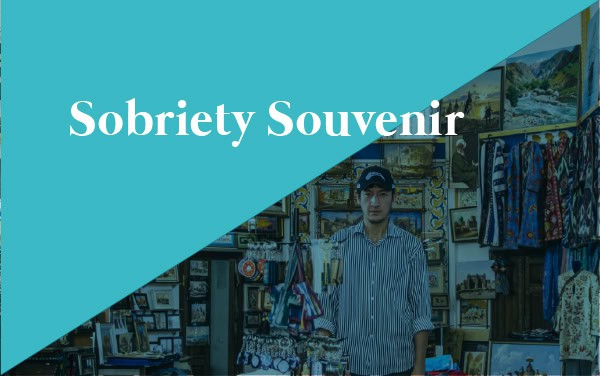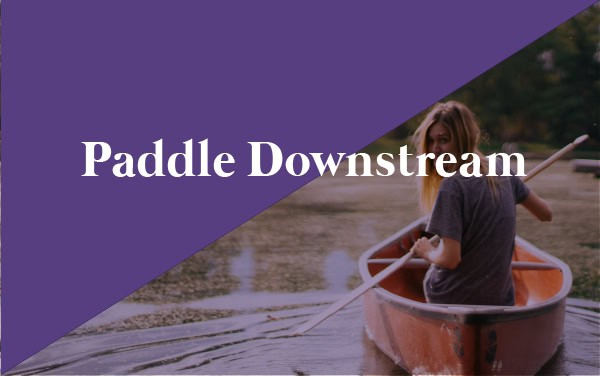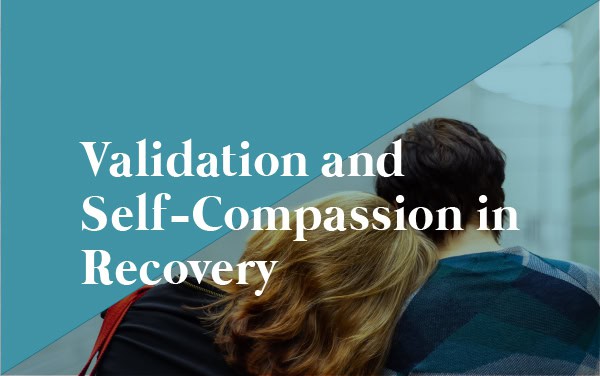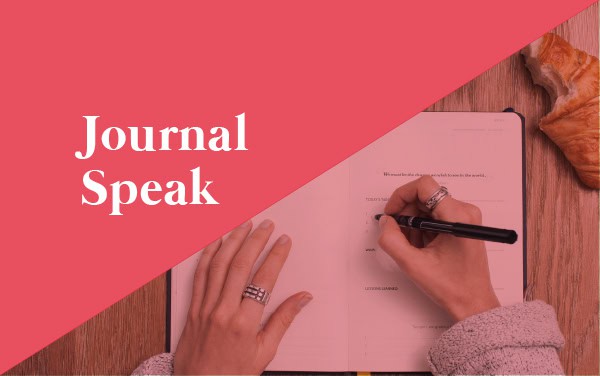
Sobriety Souvenir
Today’s blog entry is from Katherine D. Katherine is a member of Café RE.
Sobriety Souvenir
By: Katherine D
“It’s that little souvenir, of a terrible year, which makes my eyes feel sore”
The music had been in the background of my attention until that lyric just struck out to me; that little souvenir of a terrible year. I made a mental note to look up the lyrics and turned my attention back to the morning routine. Coffee. Organize bag. Dishes in the sink.
The lyric broke through from the background again and I started to smile, almost laugh, as I paused and reflected back.
November 2022
Feeling lost, adrift, alone, isolated and stuck. You know what I’m talking about; just all the feels. I had to make a change. After decades of self-destruction, I was finally doing the work. I was seeing a therapist. I was journaling. I had stacked days again, but I was largely alone with only podcasts keeping me company in between weekly chats with family. I decided to leave early for the holidays and drove south where the world wasn’t buried in snow.
Alcohol was in and out of the picture and I’d be lying if I said I was drinking responsibly, particularly as I was traveling by car. But, I was convinced I needed it to endure and, while I knew it was a problem, it wasn’t something I was ready to tackle just yet. I had enough problems. Finding a job since returning to the US had been a struggle, but I was on track to getting a government job with my foot in the door. It wasn’t a great wage, but it was getting me out of the living situation I was in. It was getting me out of education. It was getting me a new start.
That’s when I would do it.
That’s when I would quit.
That’s when things would start to go right for me.
I just had to make it until January.
December 22 2022
The job falls through. Budget cuts. I can stay on the waitlist but there will be no job for me in Portsmouth come January. Well, at least I hadn’t already signed a lease and put myself in further financial challenge. I had only mentally sketched out my new life; plotted out where my gym was going to be, where I was going to grocery shop and how long it would it be before I got a dog. The loss of my newly envisioned life cut me deep and sent me further into – I can’t, I won’t, I can never kind of thinking.
December 25 2022
Test positive for covid and spend the next week sicker than I’d been since covid first came to town. I was, again, isolated and alone. I was at my father’s house caring for his cat while he and his wife were away. And even though I was sick as a dog and only going from the bed to the couch, you would think I’d be drinking tea and caring for myself. Of course not! Vodka, filler up! With a little bit of cranberry so I get my vitamins. In my mind, it was the only thing that made this shitty little existence better.
I would spend the next two months drinking heavily, bouncing back and forth between my father’s house in Ohio and my mother’s house in South Carolina, and spending every day, all day, obsessed with finding a job. Did I mention I’m in my 40s?
Mentally I was clearly not in a good place.
Physically I was in an even worse place. Looking back, I’m surprised no one said anything directly to me about my state and appearance, but I’m sure there were thoughts and side conversations.
My thoughts, my body and my life didn’t feel like my own. It was like watching myself from the outside. I didn’t recognize myself. I didn’t know what I’d done or who I was anymore. Worse, I didn’t know how to make it better and was chasing the false hopes.
March 2023
I was back in education and teaching. But this was not like any school I had been at before. I had ignored the warning signals and red flags. I just saw it as a paycheck and a way to get back on my feet.
I endured more than I should have for months, but what it did do was get me back on my feet financially and able to get my own place, at an exorbitant price. In addition to teaching, I would have to get a second job.
I managed to stack days again and developed some healthy routines. Not only did I get a second job working at a local concert venue, but also started hosting trivia. The jam packed schedule with three jobs and just the basics of life to maintain myself, I didn’t have time to wallow in myself and I was getting the much needed social connections that I needed.
I was also bingeing and teetotaling like a Jekyll and Hyde.
August 2023
Moving up in the world – I got a job at one of the best elementary schools in the district!
Again, I ignored all the red flag and squashed my concerns. I convinced myself that this was going to get myself back on track.
Nevermind that I was still stuck in the groundhog day of Day 1.
Nevermind the fact that I knew I was my own worst enemy.
No one could say worse about me than what was running through my own mind on a moment to moment basis. I was doing better at squashing that voice, but I was still sitting in the front row and a very attentive audience to that self-sabotaging voice.
November 2023 – The Knockout Punch
A month of illness had landed me in the ER.
Testing confirmed that I had had Mono, but it wasn’t treated, in fact, it was kicked off worse and amplified due to the Strep throat meds I had been on, yep, Strep too. So with the Mono amplified and still in classrooms with 720 students each week, I got Pneumonia. Because, of course, I was still drinking.
I had had it.
I couldn’t.
Not one more Day 1. This had to stop. It was the root from which nothing was ever going to grow. I didn’t know if I could make it through the holidays, but I had to try and this was different.
I knew I was going to die if I didn’t.
November 2024
Just over a year without alcohol.
“… Here’s where the story ends
Oh, here’s where the story ends
… It’s that little souvenir, of a terrible year, which makes my eyes feel sore”
I don’t know what the song is really about.
But sobriety is my souvenir of a terrible year. It’s a souvenir I’ll be keeping.
At the time of submission Katherine has 13 months without alcohol and just finished a three month long journey across the US and Canada. She is excited to return to international teaching and in January will relocate to Monterrey, Mexico, as a middle school design teacher.






